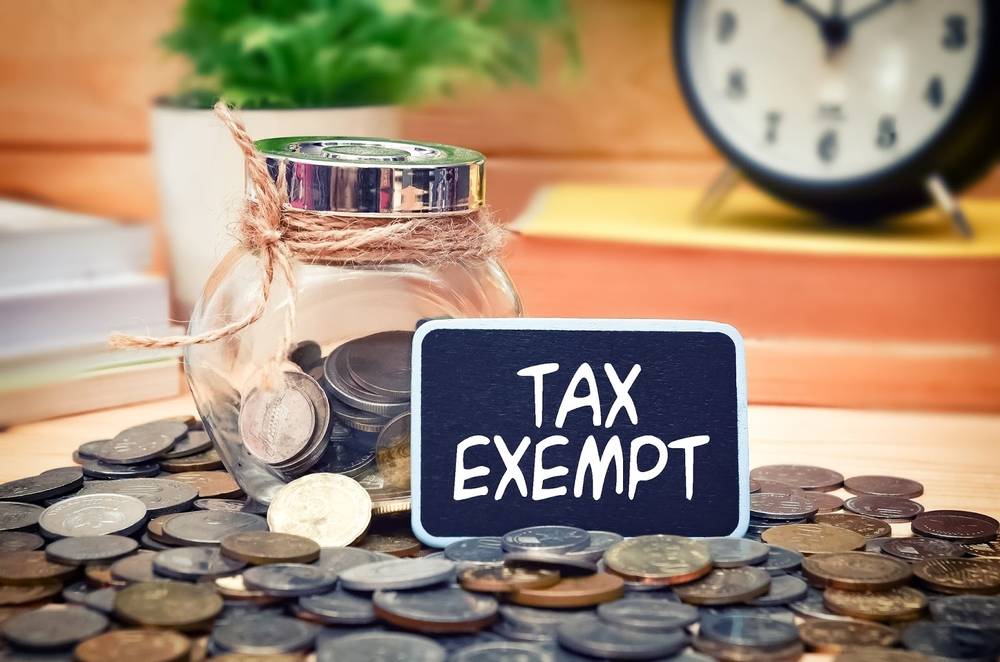Non-GST compliant
In many countries, GST is a value-added tax impose on the supply of goods and services, where tax is levy at each stage of production or distribution. However, certain goods, services, or entities may be exempt from GST or fall under specific provisions that exclude them from the tax.
The specific items or transactions that are considered non-GST can vary from one jurisdiction to another.
Examples of non-GST items or transactions may include:
Basic food items:
Some countries exempt basic food items such as fresh fruits, vegetables, meat, milk, and bread from GST.
Healthcare and education services:
In many jurisdictions, healthcare services provided by hospitals, clinics, and doctors, as well as educational services offered by schools, colleges, and universities, may be Non-GST compliant.
Financial services:
Certain financial services, such as lending money, insurance, and investment activities, may be outside the scope of GST or subject to specific provisions.
Residential rent:
Renting residential properties may be exempt from GST in some jurisdictions.
Government services:
Services provided by government entities, such as public administration, defense, and justice, may not be subject to GST.
Charitable and nonprofit organizations:
Activities of charitable organizations and nonprofits may be exempted or subject to specific provisions under GST.
It is important to note that the specific rules and regulations regarding non-GST items or transactions can vary between countries. It is recommend to consult the local tax authority or seek professional advice to understand the specific exemptions and provisions applicable in a particular jurisdiction.
FAQs:
What does non-GST compliant mean?
Non-GST compliant means not adhering to the regulations and requirements of Goods and Services Tax (GST), such as failing to register, report, or pay GST correctly.
2. What are the consequences of non-GST compliance?
Consequences can include penalties, fines, interest on unpaid taxes, and legal action.
3. How can a business become non-GST compliant?
A business becomes non-GST compliant by failing to register for GST, not filing GST returns, underreporting income, or not paying the correct amount of GST.
4. What should a business do if it realizes it is non-GST compliant?
The business should promptly rectify the situation by filing overdue returns, paying any due taxes, and correcting any errors in GST records.
5. Can non-GST compliance affect a business’s credit rating?
Yes, non-GST compliance can negatively impact a business’s credit rating due to penalties and legal issues, potentially affecting its ability to secure loans.
6. What are common mistakes that lead to non-GST compliance?
Common mistakes include incorrect GST filings, failing to maintain proper records, not issuing GST invoices, or misclassifying taxable and exempt supplies.
7. How can a business ensure GST compliance?
A business can ensure compliance by regularly updating its knowledge of GST laws, keeping accurate records, filing returns on time, and seeking professional advice if needed.
8. Are there any penalties for late GST return filings?
Yes, penalties for late GST return filings can include late fees and interest on the unpaid tax amount.
9. Can non-GST compliance result in a tax audit?
Yes, non-GST compliance can trigger a tax audit, where authorities will review the business’s financial records and GST filings.
10. What steps should be taken if an error in GST compliance is discovered?
If an error is discovered, it should be corrected by amending the GST return, paying any additional taxes owed, and notifying the tax authorities if required.
Related Topics:
Is RCM is applicable on law firm?
Can I run multiple businesses on a single GST as a sole proprietor?
To visit https://www.gst.gov.in/

